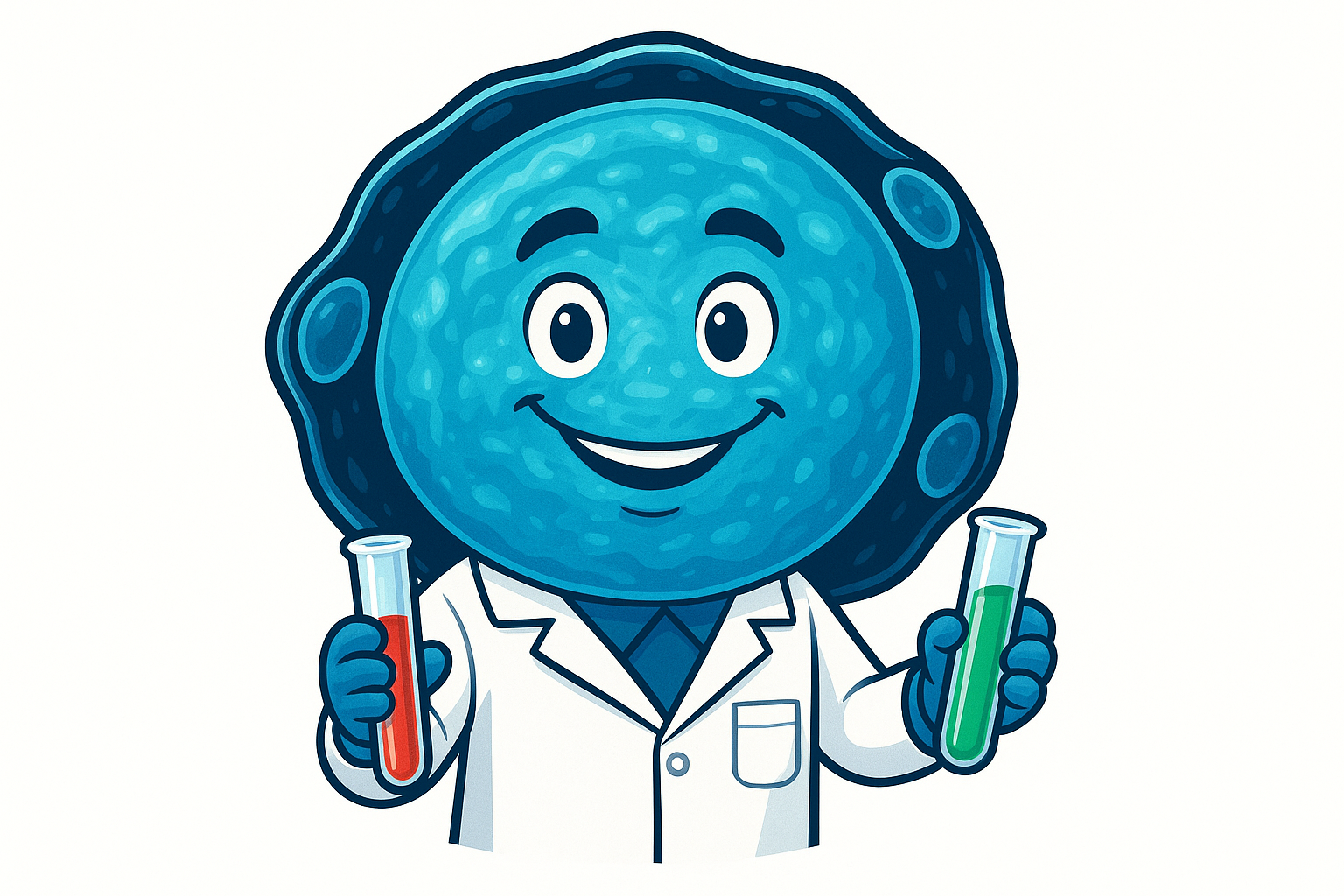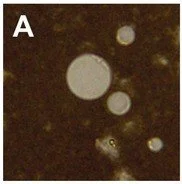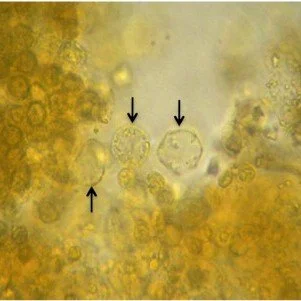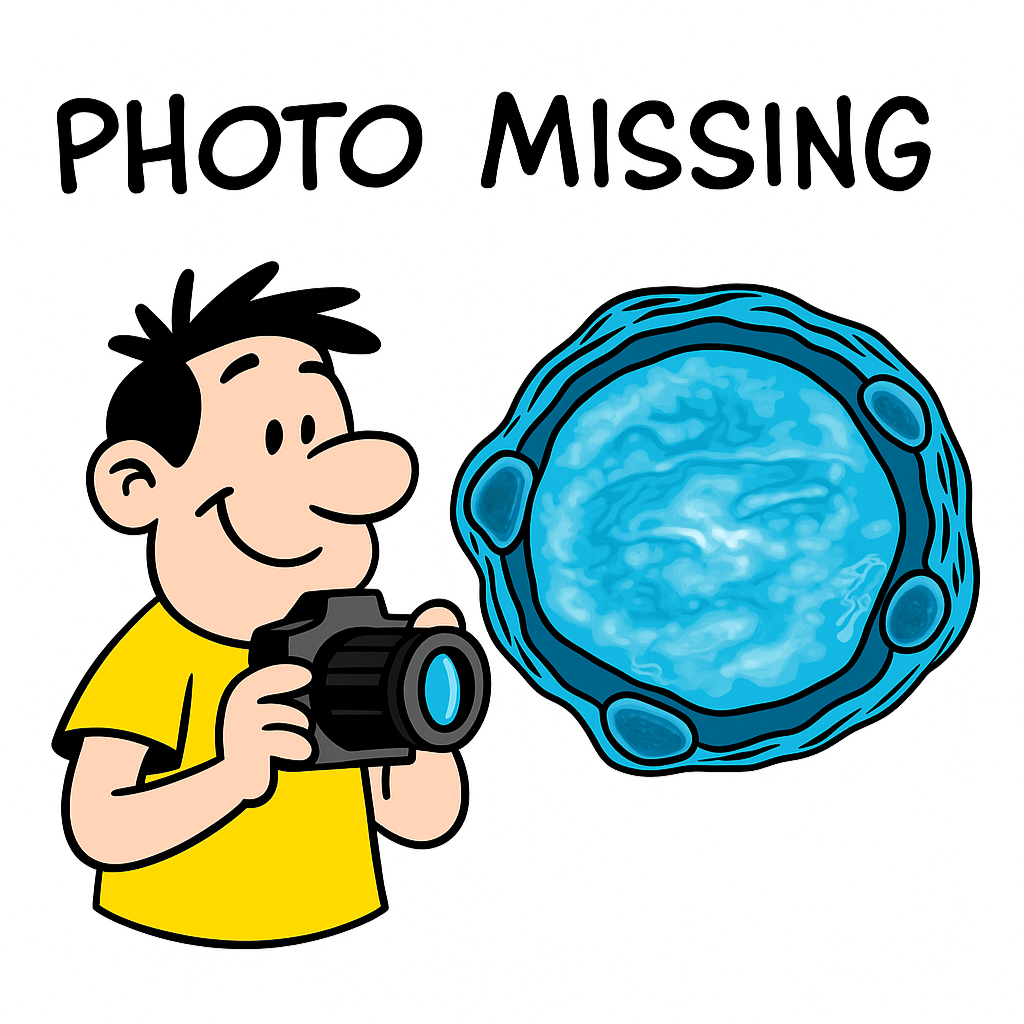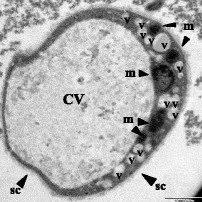Blastocystis Subtype database
Subtype 1
Blastocystis subtype 1 has been observed in humans and animals (???), this subtype is distinguishable by microscopy due to its lack of visible surface coat, and has been observed in (X) locations with a prevalence of (X)
Subtype 4
Blastocystis subtype 4 has been observed in humans and animals (???), this subtype has a refractile appearance and loose outer coat of cysts, and has been observed in (X) locations with a prevalence of (X)
Subtype 7
Blastocystis subtype 7 has been observed in humans and animals (???), this subtype has a visible surface coat (white halo) and has been observed in (X) locations with a prevalence of (X)
Image: Yason and Tan, 2018
Sorry this section is currently under construction please watch this space and come back soon
Image: Yason and Tan, 2018
Subtype 2
Blastocystis subtype 2 has been observed in humans and animals (???), this subtype lacks any distinguishing features?, and has been observed in (X) locations with a prevalence of (X)
Image: Vogelberg et al 2010
Subtype 3
Blastocystis subtype 2 has been observed in humans and animals (???), this subtype lacks any distinguishing features?, and has been observed in (X) locations with a prevalence of (X)
Image: Kaur et al 2023
Image: Tan 2008
Subtype 5
Blastocystis subtype 5 has been observed in humans and animals (???), this subtype lacks any distinguishing features?, and has been observed in (X) locations with a prevalence of (X)
Image: chatGPT
Subtype 6
Blastocystis subtype 6 has been observed in humans and animals including Ostriches and pigs, this subtype is observed to have large vacuoles to store lipids, and has been observed in (X) locations with a prevalence of (X)
Image: Chandrasekaran et al 2014
